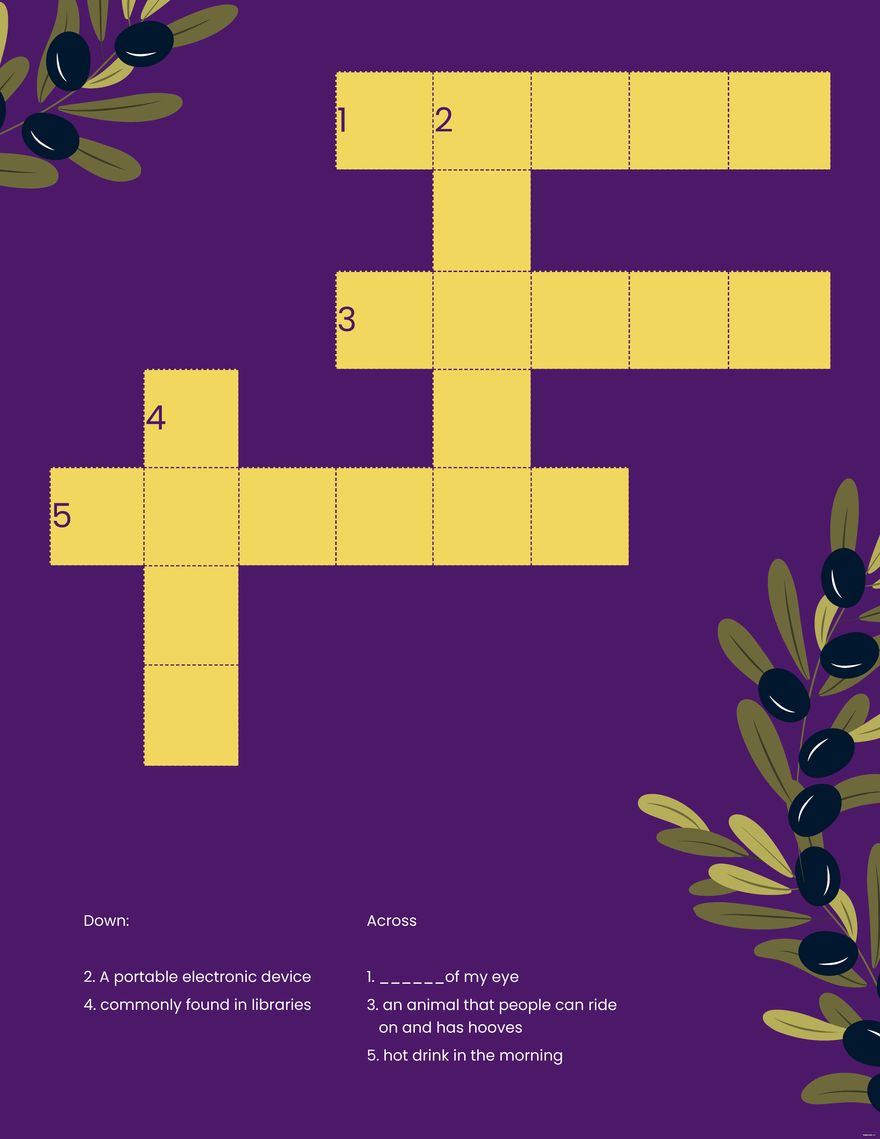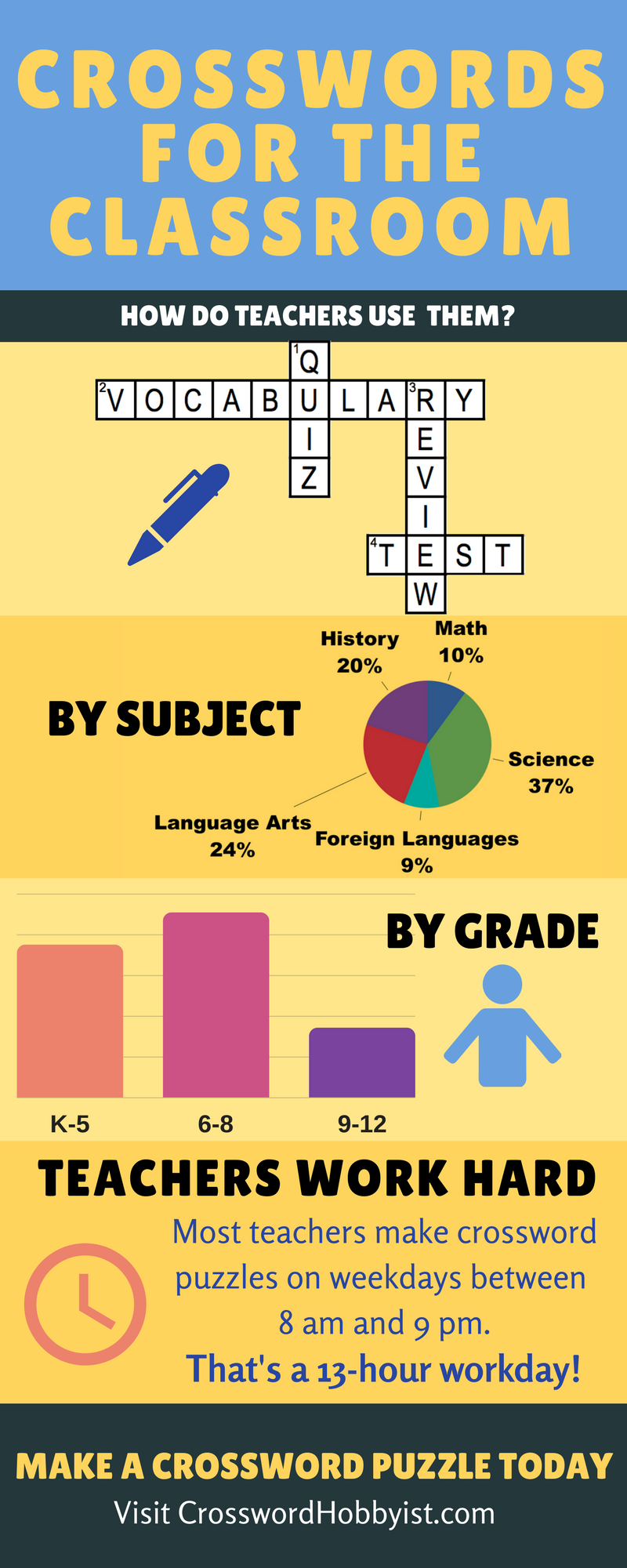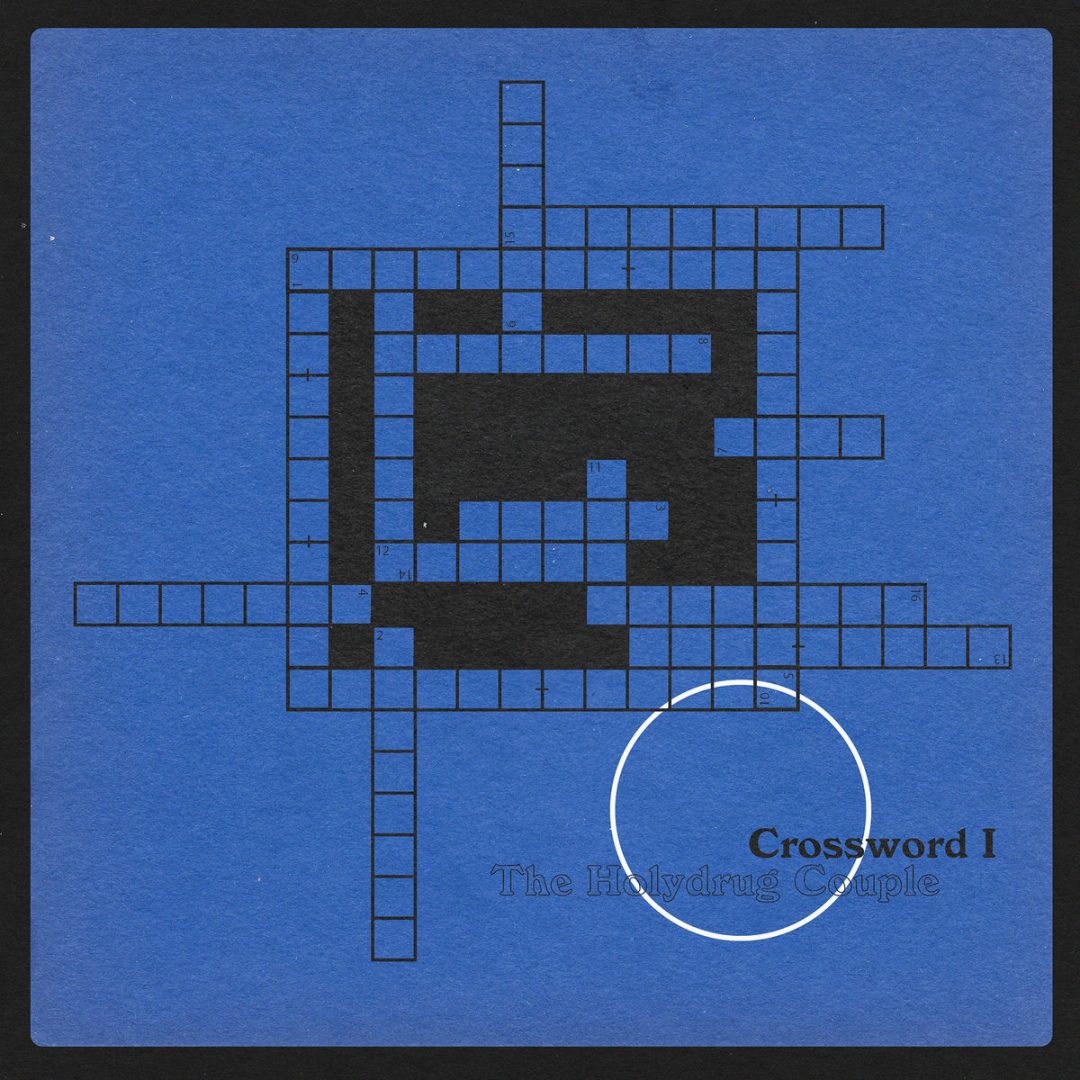Are you ready to unlock the secrets of crossword puzzles? Crossword serializer plays a pivotal role in creating, solving, and organizing crossword puzzles. Whether you're a crossword enthusiast or a developer working on puzzle applications, understanding the concept of crossword serialization can significantly enhance your experience.
Crossword puzzles have been a beloved pastime for generations, challenging minds and expanding vocabularies. Behind the scenes, tools like crossword serializers streamline the process of creating and distributing these puzzles. In this comprehensive guide, we will delve into the world of crossword serializers, exploring their functionality, benefits, and applications.
This article aims to provide you with a complete understanding of crossword serializers, equipping you with the knowledge to enhance your crossword-solving or development journey. Let's dive in and discover how crossword serializers can revolutionize your puzzle experience.
Read also:Martha Scott Actress The Remarkable Journey Of Baby Reindeers Star
Table of Contents
- What is a Crossword Serializer?
- A Brief History of Crossword Serialization
- How Does a Crossword Serializer Work?
- Types of Crossword Serializers
- Benefits of Using a Crossword Serializer
- Popular Crossword Serializer Tools
- Tips for Choosing the Right Crossword Serializer
- Crossword Serializer in Software Development
- The Future of Crossword Serialization
- Conclusion
What is a Crossword Serializer?
A crossword serializer is a tool or software designed to convert crossword puzzles into a standardized format that can be easily shared, stored, and manipulated. This process involves encoding the puzzle's grid, clues, and other metadata into a structured format, such as JSON or XML. By serializing crossword puzzles, developers and enthusiasts can efficiently manage and distribute puzzles across various platforms.
Crossword serializers are particularly useful for developers working on crossword apps, websites, or educational tools. They ensure compatibility and consistency across different systems, making it easier to share puzzles with a global audience.
A Brief History of Crossword Serialization
The concept of crossword serialization dates back to the early days of digital puzzle creation. As crossword puzzles transitioned from print to digital formats, the need for a standardized way to store and share puzzles became apparent. Early formats like Across Lite and PUZ files laid the foundation for modern serialization methods.
Today, advancements in technology have led to more sophisticated serialization techniques, enabling seamless integration of crossword puzzles into digital platforms. The evolution of crossword serialization reflects the growing demand for interactive and accessible puzzle experiences.
How Does a Crossword Serializer Work?
Crossword serializers operate by breaking down a crossword puzzle into its core components: the grid, clues, and metadata. These components are then encoded into a structured format that can be easily interpreted by other systems. Below are the key steps involved in the serialization process:
- Grid Encoding: The puzzle's grid is represented as a two-dimensional array, with each cell containing either a letter or a blank space.
- Clue Management: Clues are stored as key-value pairs, where the key represents the clue number and the value represents the actual clue text.
- Metadata Storage: Additional information, such as the puzzle's title, author, and publication date, is stored as metadata to provide context and attribution.
By organizing these elements into a standardized format, crossword serializers enable efficient sharing and manipulation of puzzles across different platforms.
Read also:Discover The Best Web Series On Telegram Channel Links Your Ultimate Guide
Types of Crossword Serializers
1. JSON-Based Serializers
JSON (JavaScript Object Notation) is a lightweight data-interchange format widely used in web development. JSON-based crossword serializers represent puzzle data as key-value pairs, making it easy to integrate with web applications. This format is ideal for developers working on crossword apps or websites.
2. XML-Based Serializers
XML (eXtensible Markup Language) is another popular format for data serialization. XML-based crossword serializers use a hierarchical structure to represent puzzle data, making it suitable for complex applications. This format is often used in enterprise-level software solutions.
3. Binary Serializers
Binary serializers encode puzzle data into a compact binary format, optimizing storage and transmission. While less human-readable than JSON or XML, binary serializers are ideal for applications requiring high performance and efficiency.
Benefits of Using a Crossword Serializer
Using a crossword serializer offers numerous advantages for both developers and crossword enthusiasts. Below are some of the key benefits:
- Standardization: Crossword serializers ensure consistency in puzzle formatting, making it easier to share and distribute puzzles.
- Interoperability: Serialized puzzles can be easily integrated into various platforms, enhancing compatibility and accessibility.
- Efficiency: By automating the serialization process, developers can save time and resources while maintaining high-quality puzzle standards.
- Flexibility: Crossword serializers support multiple formats, allowing users to choose the best option for their specific needs.
These benefits make crossword serializers an essential tool for anyone involved in puzzle creation or management.
Popular Crossword Serializer Tools
Several tools and libraries are available for crossword serialization, catering to different use cases and technical requirements. Below are some of the most popular options:
- Puzme: A lightweight JavaScript library for creating and serializing crossword puzzles in JSON format.
- Crossword Compiler: A comprehensive tool for designing, editing, and serializing crossword puzzles, widely used by professional crossword constructors.
- Across Lite: A classic serialization tool developed by LitSoft, supporting the widely-used .puz file format.
These tools provide developers and enthusiasts with the resources needed to create and manage crossword puzzles effectively.
Tips for Choosing the Right Crossword Serializer
Selecting the right crossword serializer depends on your specific needs and technical expertise. Below are some tips to help you make an informed decision:
- Assess Your Requirements: Determine the features and functionalities you need, such as support for specific formats or integration with existing systems.
- Evaluate Ease of Use: Choose a serializer that aligns with your technical skills and offers user-friendly documentation.
- Consider Scalability: Ensure the serializer can handle the volume and complexity of puzzles you plan to create or manage.
By carefully evaluating these factors, you can select a crossword serializer that meets your needs and enhances your puzzle experience.
Crossword Serializer in Software Development
In the realm of software development, crossword serializers play a crucial role in creating interactive puzzle applications. Developers use serialization techniques to store and retrieve puzzle data, enabling features like save states, puzzle sharing, and leaderboard tracking. Below are some key applications of crossword serializers in software development:
- Puzzle Apps: Crossword serializers are integral to mobile and web-based puzzle apps, ensuring seamless user experiences.
- Educational Tools: Serialization enables the creation of interactive crossword puzzles for educational purposes, enhancing learning outcomes.
- API Integration: Crossword serializers facilitate API integration, allowing developers to incorporate puzzle functionality into larger software systems.
These applications demonstrate the versatility and importance of crossword serializers in modern software development.
The Future of Crossword Serialization
As technology continues to evolve, the future of crossword serialization looks promising. Advances in artificial intelligence and machine learning are expected to enhance serialization techniques, enabling more sophisticated puzzle creation and management. Additionally, the growing demand for interactive and personalized puzzle experiences will drive innovation in serialization methods.
Developers and enthusiasts alike can look forward to a future where crossword serialization plays an even more significant role in shaping the puzzle landscape.
Conclusion
Crossword serializers have revolutionized the way crossword puzzles are created, shared, and experienced. By understanding the concept, functionality, and applications of crossword serializers, you can enhance your puzzle-solving or development journey. Whether you're a crossword enthusiast or a software developer, mastering crossword serialization can unlock new possibilities and opportunities.
We invite you to explore the world of crossword serializers further and share your thoughts in the comments below. For more insightful articles on puzzles and technology, stay tuned to our website. Happy puzzling!


